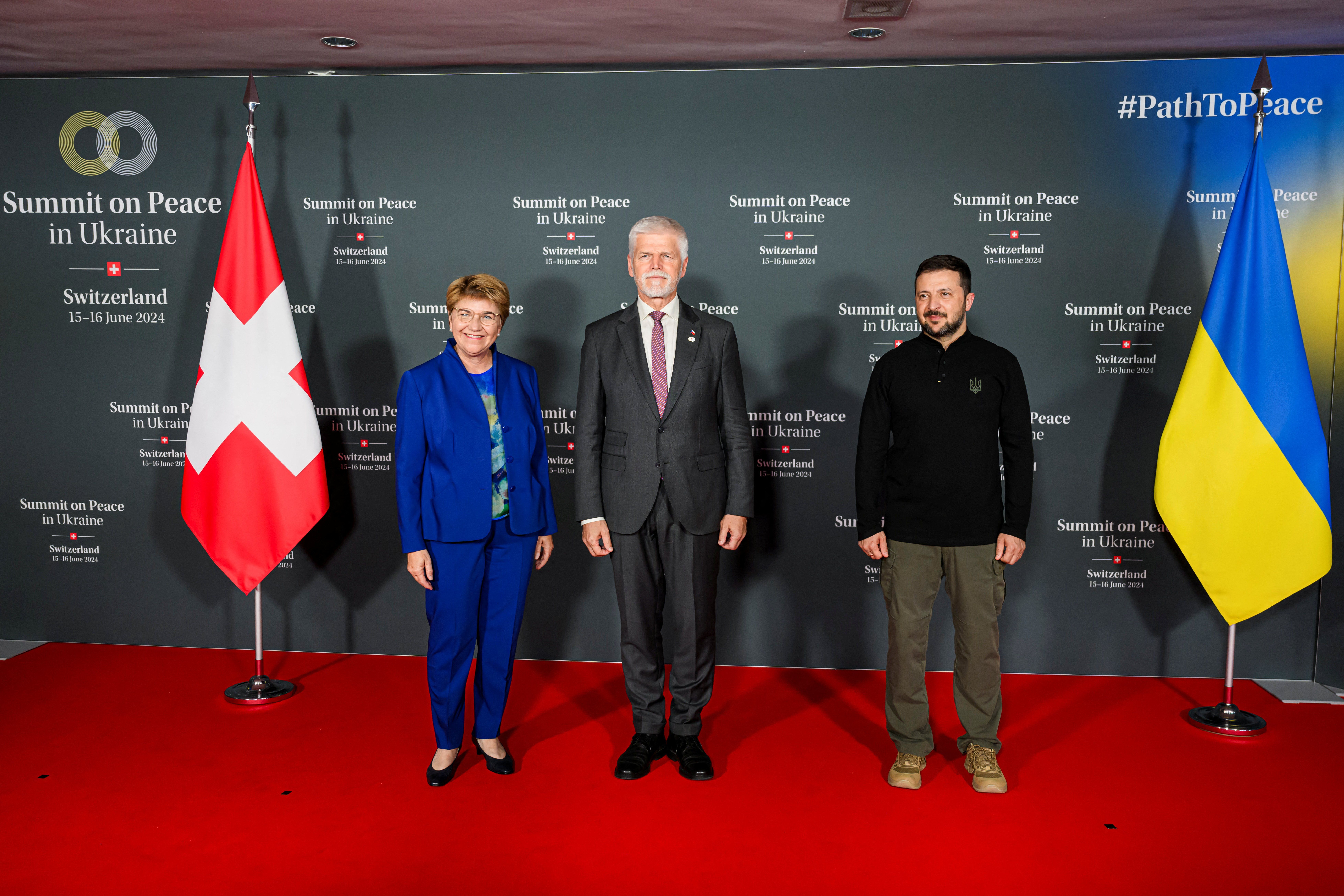The Czech Republic announced Tuesday that it will use the interest accrued on frozen Russian assets to purchase hundreds of thousands more artillery shells for Ukraine.
The back story: When Russia invaded Ukraine in 2022, the EU froze roughly $300 billion worth of Moscow’s assets – mostly bonds and other securities – held in EU banks. Earlier this year, the EU agreed to use interest and other profits from those assets to help support Ukraine. Russia objects to the policy as “theft.” So far, about $1.5 billion is available.
Czech-ing Russia’s invasion. Even before the frozen asset plan, Prague had raised about $1.5 billion in donations from 15 different countries to buy shells for Ukraine. The new influx of ammo will be welcome news but not a game-changer. Kyiv continues to suffer a shortage of shells and has even begun rationing them to keep the current invasion of Kursk well-supplied.
The shadow of the past. It’s no accident that Prague announced this new initiative on Aug. 20. That’s the date in 1968 when Moscow launched a massive invasion of Czechoslovakia to suffocate the Soviet satellite state’s brief experiment with greater freedom of expression, democratic participation, and economic decentralization.
